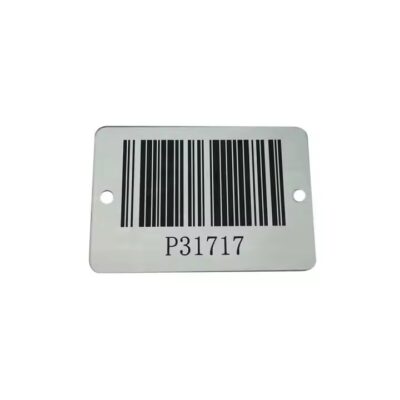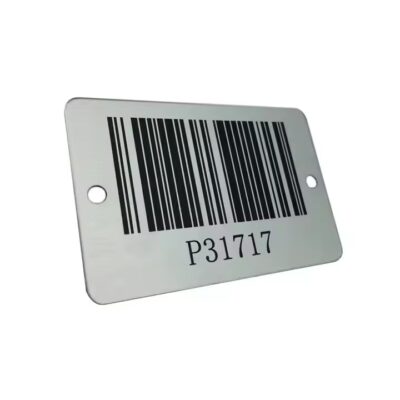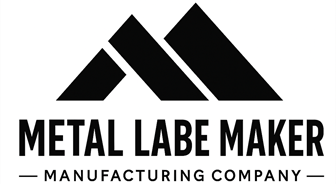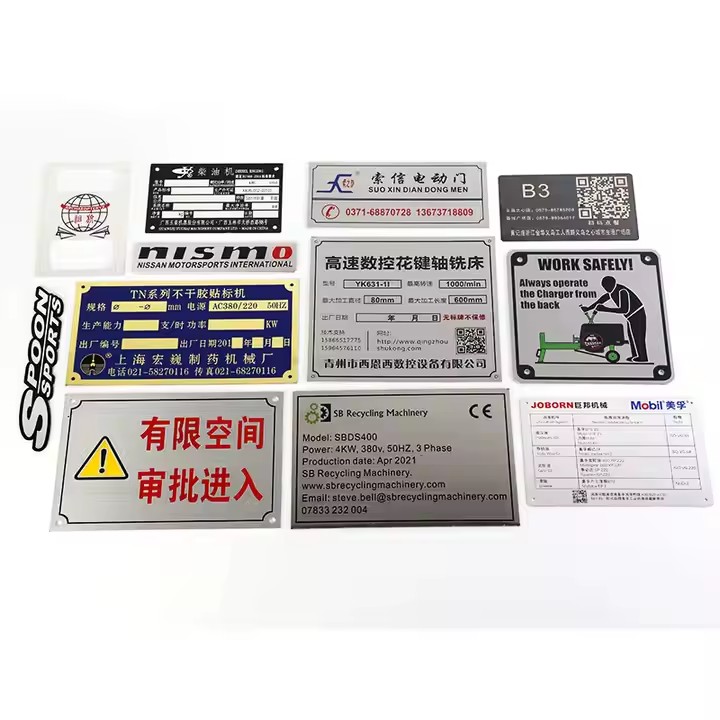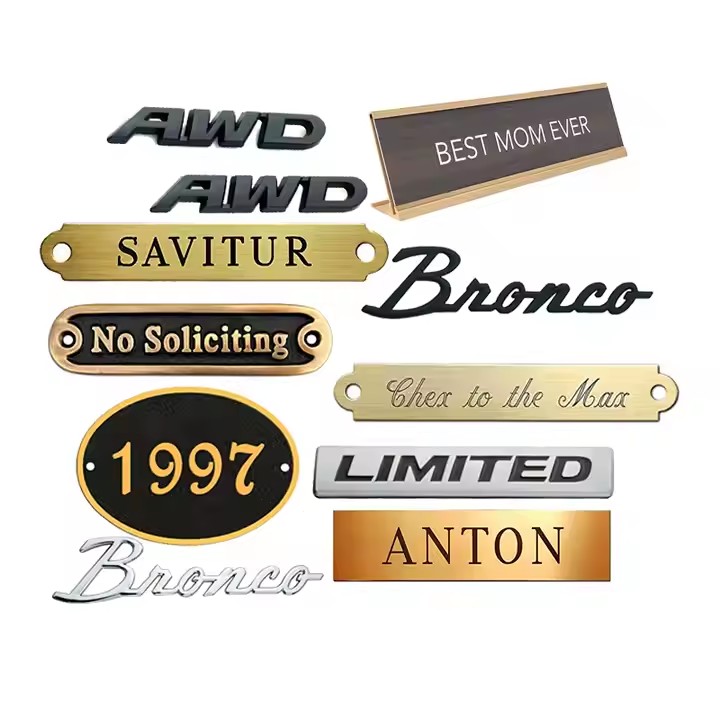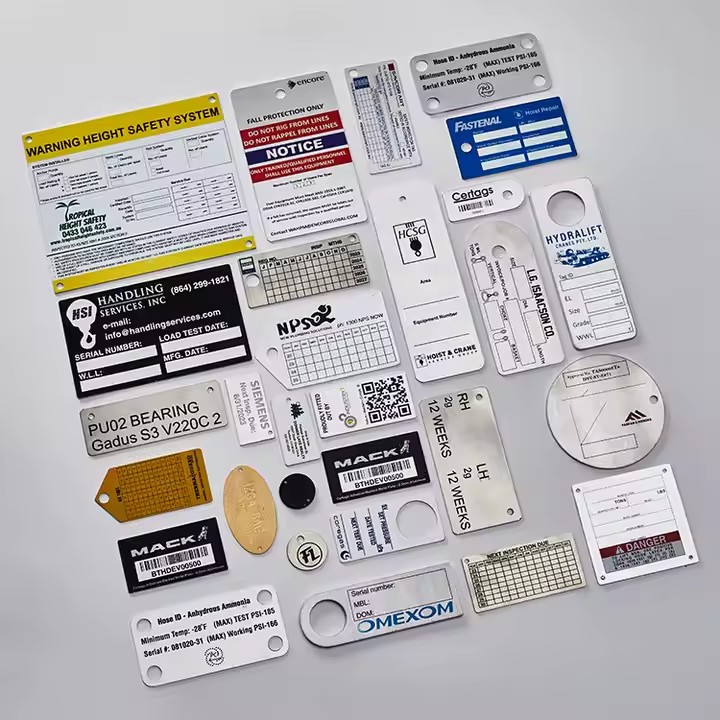Types and Materials Used for Metal Barcode Labels
Metal barcode labels are essential for industries requiring durable, long-lasting, and high-precision barcode identification. The choice of material significantly impacts the label’s performance, durability, and suitability for different environments. Here, we explore the most common types and materials used to manufacture metal barcode labels.
Common Types of Metal Barcode Labels
-
Stainless Steel Barcode Labels
Stainless steel is one of the most popular materials for metal barcode labels due to its outstanding corrosion resistance, strength, and ability to withstand extreme temperatures. These labels are ideal for industrial environments, including manufacturing, automotive, and aerospace sectors. -
Aluminum Barcode Labels
Aluminum labels are lightweight yet durable, offering good corrosion resistance and flexibility in customization. They are often anodized to enhance surface hardness and improve scratch resistance, making them suitable for electronics, machinery, and outdoor applications. -
Brass Barcode Labels
Brass labels offer excellent aesthetic appeal with a distinctive golden color, making them ideal for decorative or luxury product labeling while maintaining good durability and corrosion resistance. They are commonly used in architectural signage and high-end equipment. -
Other Alloys and Specialty Metals
Depending on specific industry requirements, other alloys like bronze or titanium can be used for specialized applications, especially where additional strength, weight considerations, or unique finishes are required.
Material Properties and Their Impact on Performance
-
Corrosion Resistance: Stainless steel and anodized aluminum provide excellent resistance against moisture, chemicals, and harsh environmental conditions, ensuring label longevity.
-
Durability: Metal labels resist abrasion, impacts, and mechanical stresses much better than plastic or paper labels.
-
Temperature Tolerance: Metals like stainless steel and titanium withstand extreme temperatures, from freezing cold to high heat, without degrading.
-
Customization Flexibility: Metals can be laser etched, engraved, or printed on with high precision, allowing for clear, scannable barcodes and custom designs.
Choosing the Right Material for Your Application
When selecting metal barcode labels, consider the environment and usage conditions:
-
For heavy industrial or outdoor use, stainless steel labels provide the best durability and corrosion resistance.
-
For applications requiring lightweight labels with moderate durability, anodized aluminum is a practical choice.
-
For decorative or branding purposes, brass labels offer a premium look with good performance.
-
Specialty metals should be chosen based on specific performance needs like extreme temperature resistance or unique aesthetic requirements.
Conclusion
Understanding the types and materials used in metal barcode labels is critical to selecting the right label for your specific needs. Each material offers unique advantages, and choosing the proper one ensures maximum durability, readability, and cost-effectiveness. Whether your application demands rugged industrial labels or elegant decorative tags, metal barcode labels provide versatile and reliable solutions.
